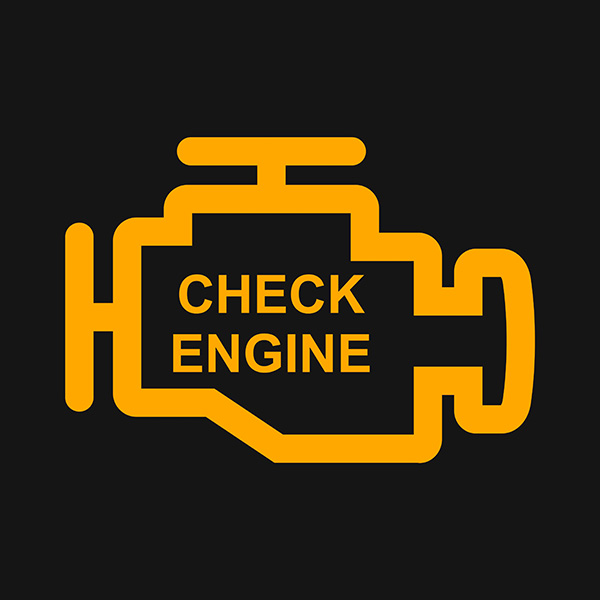
When the check engine light comes on, it’s easy to assume the problem lies under the hood. While that’s sometimes true, transmission issues, especially faulty sensors, are also a common cause. In modern vehicles, your transmission relies on several sensors to monitor speed, fluid pressure, and gear position. If any of these sensors fail or send inaccurate signals, the engine control module (ECM) may detect a problem and trigger the check engine light.
Understanding how these sensors work and what happens when they fail can save you time, money, and unnecessary stress.
How Transmission Sensors Communicate With Your Vehicle
Modern automatic transmissions are highly complex, and sensors are at the heart of how they function. These sensors send constant data to the ECM, which uses the information to control gear shifts, manage torque, and optimize performance.
When a sensor fails or provides inconsistent readings, the ECM can no longer make accurate adjustments. In some cases, the transmission control module (TCM) may also set a fault code, triggering the check engine light and, sometimes, placing the vehicle into “limp mode” to prevent further damage.
The Most Important Transmission Sensors
Several sensors work together to ensure your transmission shifts smoothly. When one malfunctions, you may notice performance problems long before the check engine light comes on.
Vehicle Speed Sensor (VSS)
The VSS monitors how fast your car is moving and sends that data to both the ECM and TCM. If it fails, your transmission may hesitate, shift unpredictably, or fail to shift entirely. You might also notice inaccurate speedometer readings.
Transmission Fluid Pressure Sensor
This sensor measures the hydraulic pressure inside the transmission. When it malfunctions, gear changes may feel rough or delayed because the system isn’t getting accurate pressure data.
Transmission Range Sensor
Also called the neutral safety switch, this sensor tells the computer which gear you’ve selected. If it fails, your car may struggle to start, or the dashboard may display the wrong gear position.
Input and Output Speed Sensors
These sensors track the rotational speeds of the transmission’s input and output shafts. If one fails, the computer may detect inconsistent speeds, which can trigger the check engine light and lead to shifting issues.
How a Faulty Sensor Can Affect Vehicle Performance
A failing transmission sensor can create a range of noticeable symptoms beyond just the warning light. You might experience:
- Delayed or harsh shifting between gears
- Sudden loss of power during acceleration
- Slipping gears while driving
- Inconsistent or incorrect dashboard readings
- Vehicle entering “limp mode,” restricting speed and gear range
Because these symptoms overlap with other potential transmission issues, proper diagnosis is critical before replacing any parts.
Why the Check Engine Light Doesn’t Always Mean Engine Trouble
It’s easy to assume that a check engine light means an engine problem, but modern vehicles integrate the engine and transmission systems closely. A malfunctioning transmission sensor can confuse the ECM, affecting performance and emissions, which is why the light comes on even if the engine itself is fine.
When you bring your vehicle in, our technicians connect it to diagnostic equipment that reads the stored trouble codes. These codes point us toward the specific component or system causing the issue, whether it’s the transmission sensors, wiring, or something entirely different.
The Importance of Early Diagnosis
Driving with a faulty transmission sensor can cause more than just shifting problems. Inaccurate data can make the transmission work harder than it should, eventually leading to fluid overheating, premature wear, or even internal damage.
By addressing the issue early, you can avoid expensive repairs and keep your transmission performing as intended. Our technicians not only replace faulty sensors but also inspect related wiring and connectors to ensure the fix is complete.
Keep Your Vehicle Reliable With Bud’s Auto Repair & Transmission
At Bud’s Auto Repair & Transmission in Marysville, WA, we specialize in diagnosing and repairing transmission-related issues, including faulty sensors. Our technicians use advanced diagnostic tools to pinpoint the cause of the check engine light and get your vehicle back to shifting smoothly.
If your warning light is on or you’ve noticed transmission performance issues, schedule an inspection today and drive with confidence.